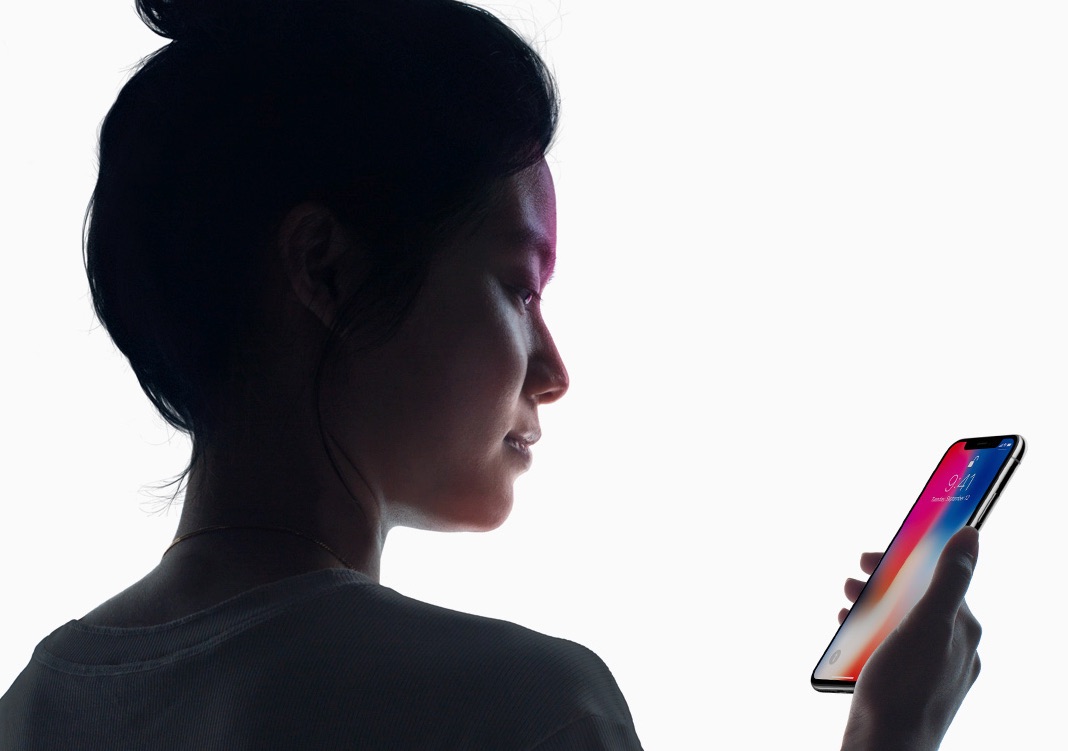Forbes reports the first known case of law enforcement forcing a suspect to unlock their iPhone via Face ID.
It happened on August 10, when the FBI searched the house of 28-year-old Grant Michalski, a Columbus, Ohio, resident who would later that month be charged with receiving and possessing child pornography. With a search warrant in hand, a federal investigator told Michalski to put his face in front of the phone, which he duly did. That allowed the agent to pick through the suspect’s online chats, photos and whatever else he deemed worthy of investigation.
After the device was unlocked, investigators searched the suspect’s chat history, photos, and other information stored on the device. The suspect was charged later that month with receiving and possessing child pornography, thanks to the evidence discovered on the device.
While law enforcement has in the past gained access to electronic devices by forcing individuals to unlock their mobile devices using their finger via fingerprint scanners such as Apple’s Touch ID, the Michalski case appears to be the first time a suspect has been forced to unlock their device using Face ID.
In the United States, it has been established in courts that while forcing someone to unlock their device by giving up their passcode is a violation of the fifth amendment and is against the law, it has also been ruled that there is a difference between a passcode and a biometric unlocking method such as Touch ID and Face ID.
“Traditionally, using a person’s face as evidence or to obtain evidence would be considered lawful,” said Jerome Greco, staff attorney at the Legal Aid Society. “But never before have we had so many people’s own faces be the key to unlock so much of their private information.”
In the case reported on by Forbes, the FBI was unable to access all of the information on the iPhone, due to the lack of a passcode. However, authorities obtained a second search warrant that allowed then to conduct a more thorough search of the device via a third-party device unlocking device.


